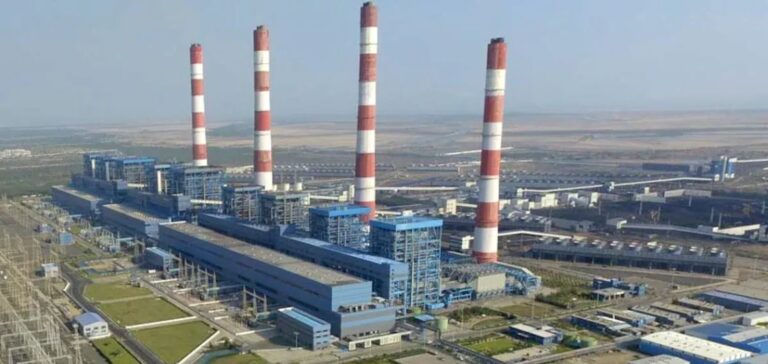Adani Power Ltd., India’s largest private thermal power producer, has secured a competitive bid to supply 1,500 megawatts (MW) of electricity to the state of Uttar Pradesh. The electricity will be generated from a new ultra-supercritical coal power plant of equivalent net capacity, to be built on a greenfield site with an investment of approximately $2 billion.
The project will be developed under the Design, Build, Finance, Own, and Operate (DBFOO) model, granting Adani Power full responsibility over the infrastructure’s lifecycle. The proposed tariff, set at Rs 5.383 ($0.065) per unit, was the most competitive among the bidders. The company announced the award on May 10.
Long-term supply agreement with UPPCL
The upcoming plant will be secured under a long-term power supply agreement with the state-run Uttar Pradesh Power Corporation Ltd. (UPPCL), based on the official Letter of Award granted to Adani Power following approval by the state cabinet.
Adani Power plans to begin delivering electricity by fiscal year 2030. According to Chief Executive Officer S.B. Khyalia, the plant’s construction is expected to generate between 8,000 and 9,000 direct and indirect jobs, with around 2,000 permanent positions once the facility becomes operational.
A strategic response to future demand
Thermal power demand in Uttar Pradesh is projected to rise by nearly 11,000 MW by 2033–2034, driven by industrial and urban growth in the state. This contract forms part of a broader government initiative to reinforce the region’s long-term power supply capacity.
This award marks the second major supply contract secured by Adani Power within a year. In September 2024, the company received a letter of intent for a 6,600 MW portfolio—comprising 1,600 MW thermal capacity—awarded by the Maharashtra State Electricity Distribution Company Ltd. (MSEDCL), later converted into a power supply agreement.
The planned coal-fired plant will incorporate modern ultra-supercritical technologies, aiming for high efficiency and consistent reliability under the agreed operational terms.






















